As dengue cases continue to rise across India, it’s crucial to be aware of effective preventive measures to protect yourself and your loved ones. With over 19,447 reported cases and 16 deaths so far in 2024, according to the National Centre for Vector Borne Disease Control (NCVBDC), the situation is alarming. Dengue, a mosquito-borne viral infection, thrives during the monsoon season, making it essential to adopt precautionary practices to avoid falling victim to this potentially deadly disease.
Dengue Outbreak in Monsoon: A Growing Concern
Dr. Manoj Mehta, Director of Internal Medicine at Sterling Hospitals in Vadodara, shared insights about the increasing number of dengue cases, explaining that the disease follows a seasonal pattern with cases peaking after the monsoon season. Dengue is spread by the bite of infected Aedes mosquitoes, which breed in stagnant water. Symptoms include high fever, chills, body aches, fatigue, and skin rashes. He emphasized that recognizing these symptoms early and taking appropriate precautions can prevent serious illness.
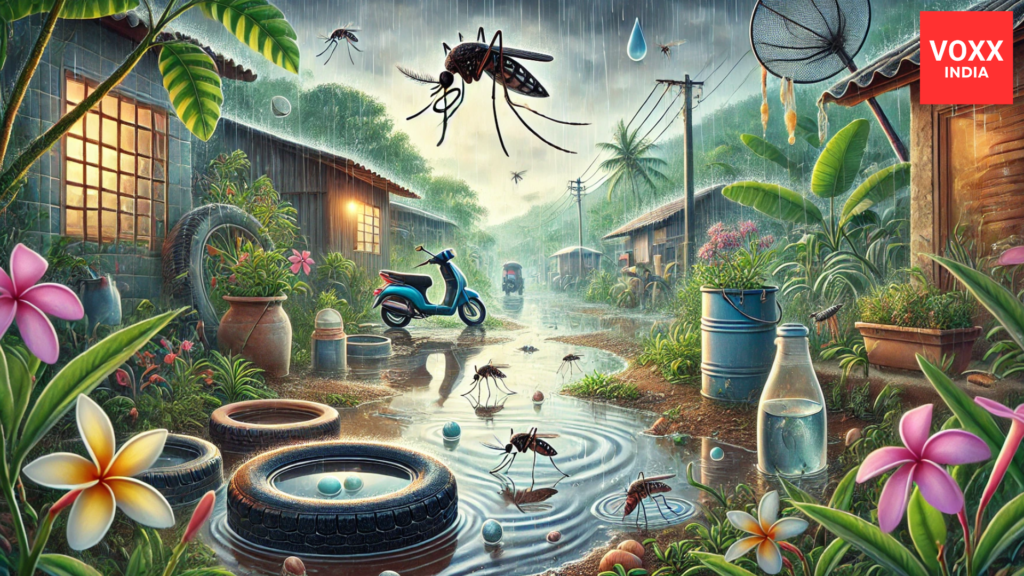
Why Mosquito Breeding Rises in Monsoon
Dr. Dharmesh Shah, Founder and Director of Holistica World, explained how the monsoon creates favorable conditions for Aedes mosquitoes to breed. Stagnant water, commonly found in containers, pots, and gutters, becomes a perfect breeding ground. To reduce the risk of dengue fever, he advised adopting comprehensive prevention strategies, such as eliminating breeding sites and using protective measures like mosquito repellents and nets.
Severe Complications of Dengue Fever
Dengue can severely impact platelet counts, which are crucial for blood clotting. Dr. Shah warned that if platelet levels fall below 20,000, there is a significant risk of hemorrhage, which can be life-threatening. He also stressed the importance of staying hydrated and seeking medical attention at the earliest signs of dengue to prevent serious complications.

Top Dengue Prevention Tips During Monsoon
Dr. Manoj Mehta recommended several key measures to safeguard against dengue during the monsoon season:
- Eliminate Stagnant Water: Ensure that no water collects in items like containers, pots, or coolers, as these can become mosquito breeding grounds.
- Use Mosquito Repellents: Apply mosquito repellents when indoors or outdoors, especially in tropical areas. Products like patches, wipes, and bands are also useful for children.
- Wear Full-Cover Clothing: During the dengue season, which coincides with the monsoon, wear long sleeves and pants to reduce exposed skin, making it harder for mosquitoes to bite.
- Limit Outdoor Exposure: If you’re camping or out on a humid day, take precautions such as using repellents or wearing protective clothing to prevent bites.
- Keep Doors and Windows Closed: To prevent mosquitoes from entering, ensure doors and windows are shut, especially during peak mosquito activity times from sunrise to sunset.
Additional Prevention Measures
According to Dr. Dharmesh Shah, preventing mosquito breeding sites is one of the most effective strategies to reduce the risk of dengue. He suggests regular inspections and clean-ups of areas where water can stagnate, such as flower pots, bird baths, and discarded tires. He also recommends using repellents with proven efficacy, such as DEET or oil of lemon eucalyptus, and installing screens on windows and doors to keep mosquitoes out.
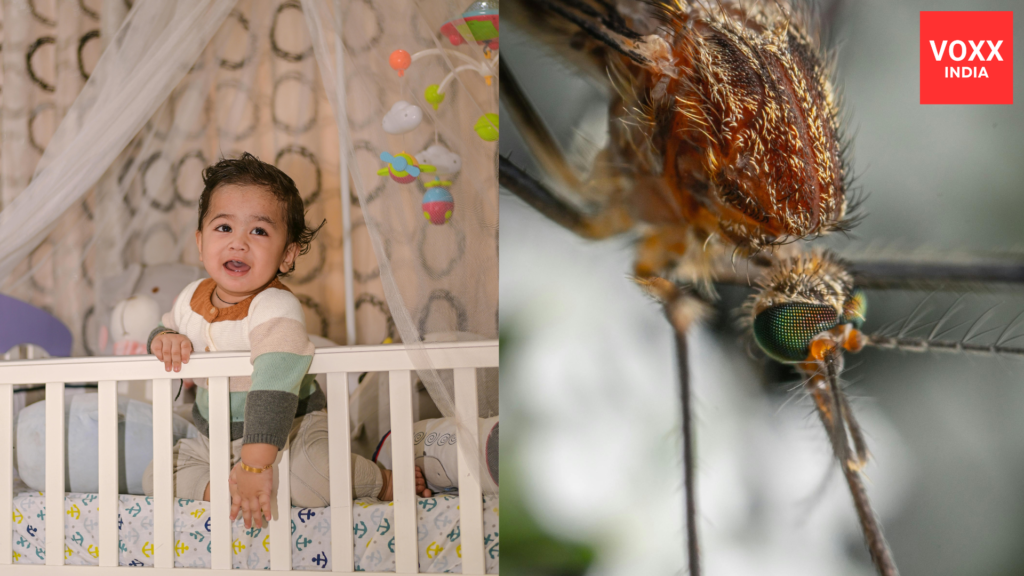
Comprehensive Protection Strategies
Dr. Arpita A Sethi, a member of DocTube, added several key strategies to further strengthen dengue prevention efforts during the monsoon:
- Remove Standing Water: Regularly inspect and clean containers that may hold stagnant water, such as flower pots and buckets. Ensure water storage containers are tightly covered.
- Install Mosquito Nets and Screens: Fit mosquito nets on beds and install screens on windows and doors to create barriers between mosquitoes and your living spaces.
- Wear Protective Gear: Wear long-sleeved shirts, long pants, and socks to minimize skin exposure, particularly during dawn and dusk when mosquitoes are most active.
- Maintain Cleanliness: Keep surroundings free of clutter and trash that can hold water, reducing mosquito breeding areas.
- Use Larvicides: If water storage is necessary, add larvicides to prevent mosquito larvae from developing.
Recognizing Dengue Symptoms Early
If you experience symptoms like high fever, severe headache, pain behind the eyes, muscle pain, joint aches, or a skin rash, seek medical attention immediately. Early detection and proper medical care are essential for managing dengue effectively and preventing complications like hemorrhagic fever or dengue shock syndrome.
By following these preventive tips and staying informed, you can reduce the risk of dengue and protect yourself and your family during the monsoon season.
For more updates, stay connected with VOXX INDIA.



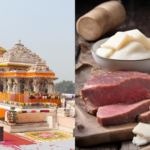


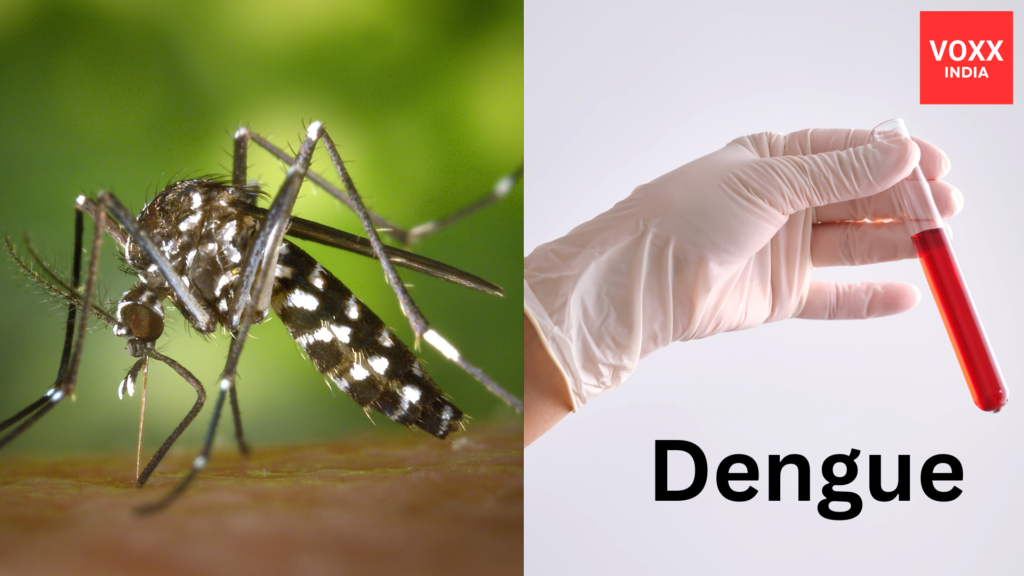

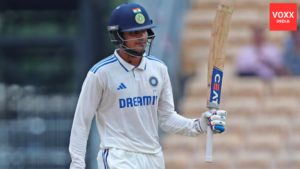
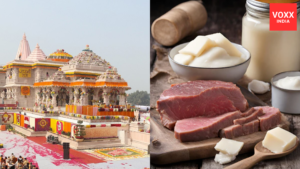

GGWin, eh? Signed up yesterday. Layout is decent and found a few good bets. Withdrawals were prompt, which is always a good sign. Could use some more promotions though. Worth a look see. ggwin
789pvip looks interesting, gotta say. Their VIP program seems enticing. Anyone here a member? Wanna hear your experiences with using 789pvip!